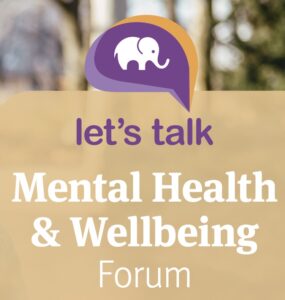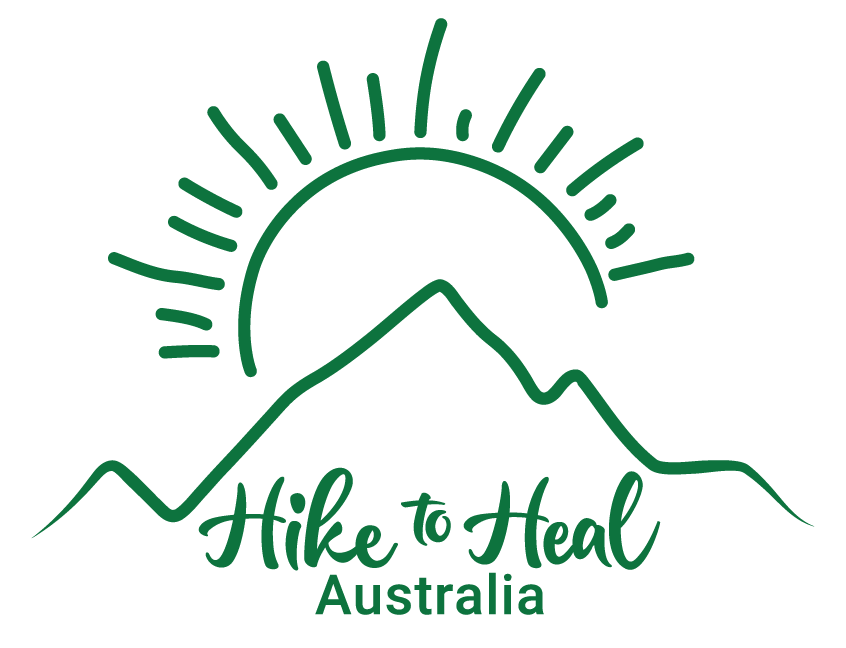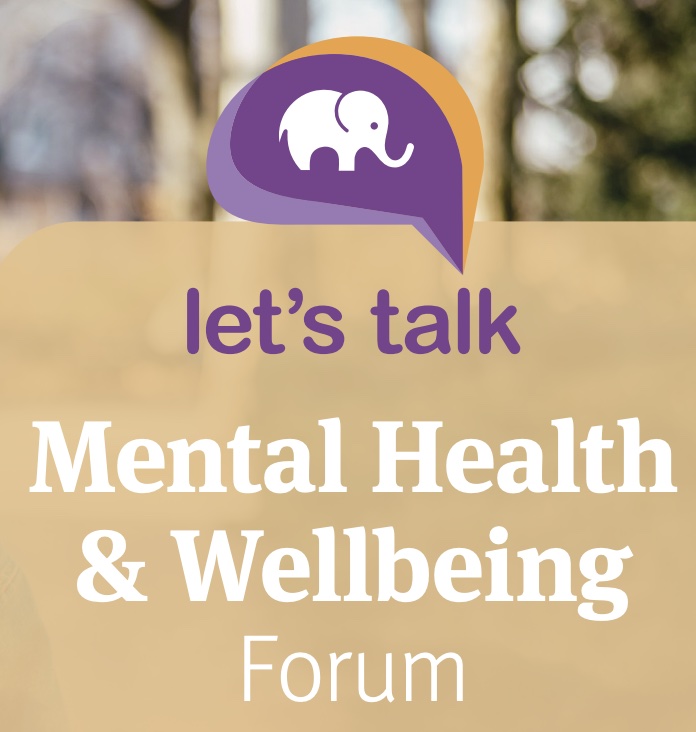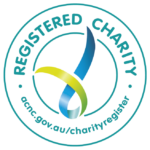Shift the Conversation – Stop Being Negative About Mental Health
You know what? The way we talk about mental health and suicide can have a profound impact on how people perceive and deal with these critical issues. The recent pandemic has made it even more evident just how fragile people’s mental health can be. This has sparked a conversation and growing awareness around transitioning from a deficit-based language approach to a strengths-based one when discussing mental health and suicide.
Why? Because the words we use not only shape our perception but also empower individuals to seek help and support.
In this blog post, we’ll explore the changing narrative, as exemplified by the “Shifting Minds” initiative of the Queensland government, and offer insights into the kinds of words we can use to foster a more compassionate and effective dialogue.
Hike to Heal Australia recently attended the Mental Health and Wellbeing forum to hear local mental health and suicide prevention professionals converse about the new “Shifting Minds” strategic plan and how to approach modifying language around mental health and suicide.
prevention professionals converse about the new “Shifting Minds” strategic plan and how to approach modifying language around mental health and suicide.
UNDERSTANDING THE SHIFT
The “Shifting Minds” initiative, which is part of “The Queensland Mental Health, Alcohol and Other Drugs, and Suicide Prevention Strategic Plan 2023-2028” led by the Queensland government, is at the forefront of this linguistic transformation.
They’ve recognised that language is a powerful tool central to the conversation around mental health and suicide prevention.
You can download the 53-page Strategic Plan by clicking here if you would like to learn more about the principles and approach.
It covers a Whole Community, Person and System approach and the changes that will be implemented to improve the conversation around Mental Well-being and what and how services assist people in need.
ONE THING WE CAN ALL DO – NOW
Here’s the deal: the words we choose matter. They can be damaging and divisive or carry hope and possibility. Language can stigmatize and discriminate, or it can empower and uplift.
Words Matter: What to Use
- Strengths and Resilience: Let’s celebrate strengths and resilience instead of dwelling on weaknesses and vulnerabilities. For instance, say, “She showed incredible resilience in overcoming her challenges” rather than “She struggled with her issues.”
- Person-First Language: Let’s put the person first, not their condition. Say “a person living with depression” rather than “a depressed person.” This simple change humanizes the individual and emphasizes their identity beyond their condition.
- Empower and Support: Encourage individuals to seek help and support. Use phrases like “You have the power to take control of your mental health” rather than “You need help because you’re unwell.”
- Open Conversation: Create an open and judgment-free space for dialogue. Phrases like “Let’s talk about how you’re feeling” are more inviting than “We need to discuss your problems.”
- Emphasize Recovery: Instead of dwelling on the negative, let’s highlight the potential for recovery and growth. For instance, “Recovery is possible, and we’re here to support you” is much more hopeful than “This is your condition, and you need to manage it.”
Conclusion
The shift from deficit to strengths-based language in discussing mental health and suicide is an exciting and vital step toward creating a more compassionate society. The “Shifting Minds” initiative of the Queensland government is leading the charge, showing us that words have the power to heal, empower, and inspire. Language that respects and uplifts individuals while emphasizing strengths and recovery can create a more empathetic and compelling conversation about mental health.
Together, let’s be part of this shift and contribute to a brighter, more supportive future for all. 💪🗣️💚






